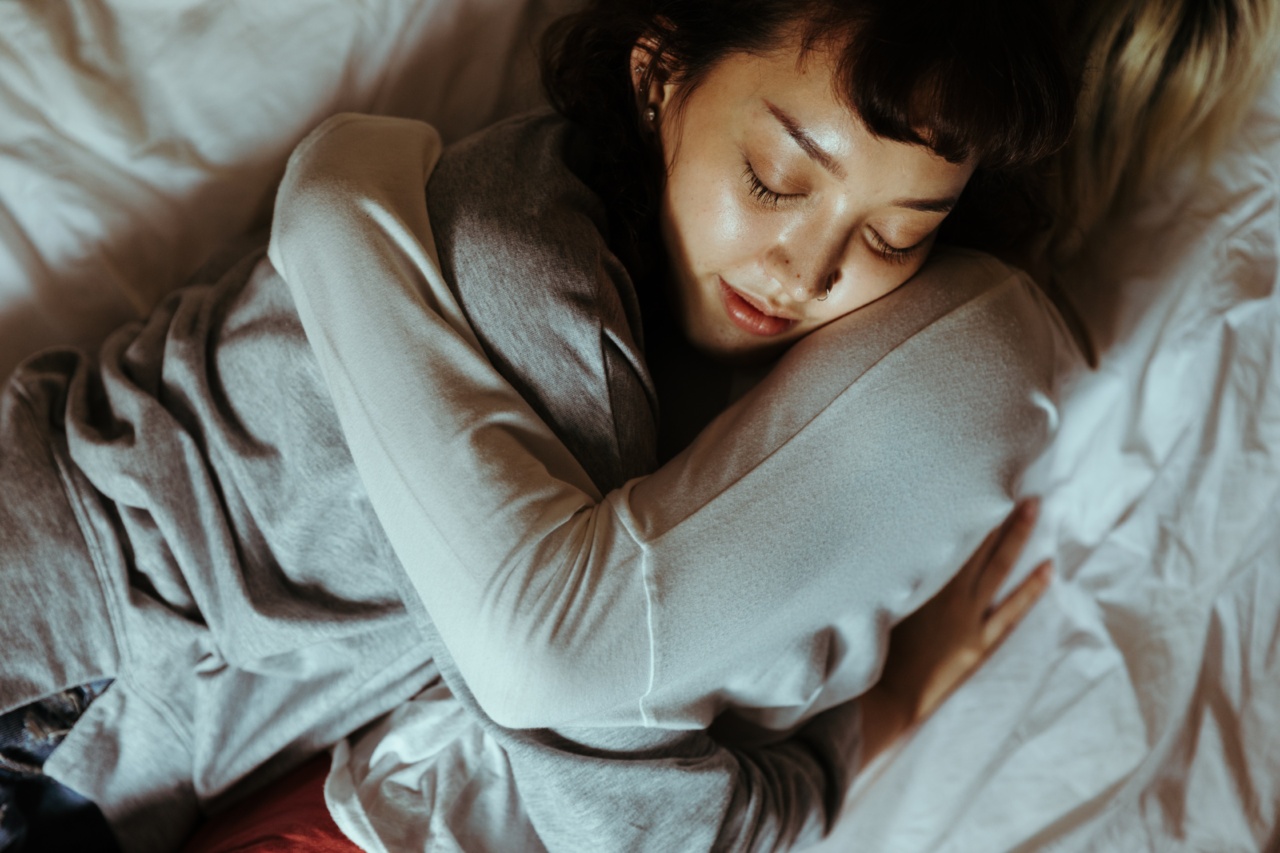Borderline personality disorder (BPD) is a mental illness that affects a person’s emotions, behaviors, and relationships. It is usually diagnosed in teens and young adults, and it is estimated that about 1.6% of the US population has BPD.
People with BPD experience mood swings, intense emotions, and difficulty with maintaining stable relationships with others.
What is Sleep?
Sleep is a natural state of rest for the body and mind. It is a vital process that allows the body to restore and repair itself, and it is essential for our physical and mental health.
Sleep is divided into two main stages: non-REM (NREM) sleep and rapid eye movement (REM) sleep. NREM sleep is divided into three stages, and it is the stage where the body repairs and restores itself, while REM sleep is the stage where we dream.
Sleep Problems in Teens with BPD
Teens with BPD often experience sleep problems. They may have difficulty falling asleep, staying asleep, or may wake up feeling tired. According to a study, it was found that about 75-80% of people with BPD experience sleep problems.
These sleep problems may be caused by anxiety, depression, or other psychiatric disorders that are commonly associated with BPD.
How Does Sleep Affect BPD Symptoms in Teens?
Sleep has a significant impact on the symptoms of BPD in teens. Lack of sleep can exacerbate symptoms of mood instability, impulsivity, and emotional dysregulation. Sleep problems can also increase the risk of suicidal behavior in people with BPD.
According to a study published in the Journal of Personality Disorders, it was found that lack of sleep was associated with suicidal ideation and suicide attempts.
Cognitive Function and Sleep in Teens with BPD
Sleep plays a vital role in cognitive function, and lack of sleep can have a significant impact on cognitive performance. Teens with BPD often have difficulty with memory, attention, and concentration, and sleep problems can exacerbate these symptoms.
According to a study, it was found that sleep-deprived teens with BPD had more difficulty with attention, concentration, and memory tasks compared to healthy teenagers.
The Relationship between Sleep Quality and Emotional Dysregulation
Emotional dysregulation is a hallmark symptom of BPD, and it is characterized by intense, unpredictable, and rapidly shifting emotions. Sleep quality has been found to be associated with emotional dysregulation in people with BPD.
According to a study, it was found that people with BPD who reported better sleep quality had lower levels of emotional dysregulation compared to those who reported poor sleep quality.
Treatment of Sleep Problems in Teens with BPD
The treatment of sleep problems in teens with BPD involves both pharmacological and non-pharmacological approaches.
Psychotherapy, such as dialectical behavior therapy (DBT), can help teens with BPD learn coping skills to manage their symptoms of anxiety and depression that may be contributing to their sleep problems. Medications, such as antidepressants or sleeping pills, may be prescribed to help teens with BPD sleep better.
Tips for Improving Sleep Quality in Teens with BPD
There are several things that teens with BPD can do to improve their sleep quality:.
- Establish a regular sleep schedule
- Avoid caffeine, alcohol, and nicotine
- Avoid stimulating activities before bedtime, such as video games or social media
- Create a relaxing bedtime routine, such as taking a warm bath or reading a book
- Ensure a comfortable sleep environment, including a comfortable mattress and pillows
Conclusion
Sleep problems are a common issue for teens with BPD. Lack of sleep can exacerbate the symptoms of mood instability, impulsivity, emotional dysregulation, and increase the risk of suicidal behavior.
Sleep is crucial for physical and emotional well-being, and teens with BPD should take steps to improve their sleep quality under the guidance of a qualified mental health professional.






























